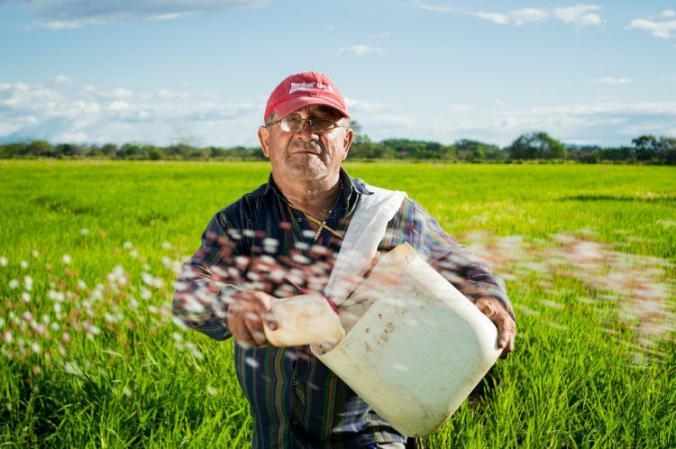According to data collected by the Department of Labor and Industries for state funded claims, professions with high occurrences of work injuries and occupational diseases include: Auto mechanics, carpenters, combined food preparation workers, construction craft laborers, restaurant cooks, dental assistants, electricians, farm workers and laborers, and linemen.
Having represented injured workers for so long, I was not surprised by this data. However, what did surprise me is that the single highest instance of work injury or disease was for farm workers and involved floors, walkways, and ground surfaces with over 1400 claims filed in 2018 and total incurred claim costs of over eight million dollars. The reason this surprised me is because it does not seem like farm workers make up a large percentage of the workers I represent considering how common injuries are in that field. As a result, I decided to look a little deeper at farm worker injuries and safety.
According to the CDC, agriculture ranks among the most hazardous industries, with a very high risk of both fatal and non-fatal injuries. Tractor overturns were the leading cause of farm worker deaths in 2016. Nationally over 243 farm workers suffer a serious lost-work-time injury at work every day and according to OSHA injury hazards also include heat exposures, falls, musculoskeletal injuries, hazardous equipment, grain bins, unsanitary conditions, pesticides and many others outlined in a detailed agricultural operations table.
Locally, the Washington Growers League was awarded a little over $98,000 grant to produce a safety video in multiple languages addressing farm work safety in areas such as hazardous chemical communication, safe lifting, field sanitation, food safety sanitation standards, and heat related illnesses. In fact the Washington Growers League website appears to be full of farm worker safety information, but you have to be a member to access most of the information.
That being said, the website does offer a link to order one free copy of the Job Safety Basis for Agricultural Workers DVD and a 2016 YouTube safety video. With such a high prevalence of work related injuries, it is reassuring to see that efforts are being made to increase safety for farm workers.

